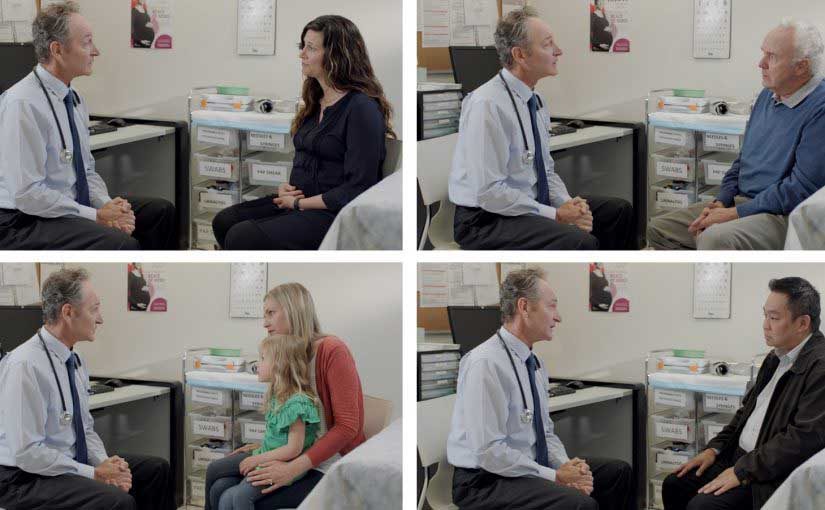A new year can bring a new focus on health. So, amid the ‘detox’, dieting and fitness advice, here are some actual scientific tests you might want to discuss with your doctor in 2017.
- Skin cancer check
Skin cancers make up 80% of newly diagnosed cancers and will affect two thirds of Australians before the age of 70. As with all cancers, catching the disease early is important for the best outcome. About 90% of skin cancers are caused by sun exposure so summer is the perfect time to be thinking about your skin.
Ask your doctor to check your skin, particularly if you haven’t been checked before or have moles and blemishes you are concerned about. Your doctor may take a biopsy of any suspicious marks and pathology testing will reveal if cancer is present.
- Diabetes check
Type 2 diabetes is a growing problem in Australia. It is more likely to affect people over 45, but cases in younger people including children are on the increase.
Fortunately, an HbA1c blood test is a simple way to diagnose diabetes and an oral glucose tolerance test can assess if someone is ‘pre-diabetic’ and therefore at high risk of developing Type 2 diabetes.
Risk factors for diabetes are; family history, age (55 or older), high blood pressure, being overweight and having polycystic ovarian syndrome for women. Symptoms vary from fatigue, persistent hunger and / or thirst to leg cramps, headaches and blurred vision. It is important for anyone concerned about symptoms or in a high risk category to talk to their doctor about testing.
- Bowel cancer screening
If you’re turning 50 this year, you should receive a bowel cancer screening kit in the post. The free screening program uses a Faecal Immunochemical Test to look for blood in a faecal sample taken by patients at home. This doesn’t diagnose cancer but a positive test means further investigation is needed to find the cause of bleeding.
If you are over the age of 50 and haven’t been tested, speak to your doctor. Bowel cancer is the second biggest cancer killer in Australia but if caught early up to 90% of cases can be treated successfully.
- Cervical cancer screening
The new cervical screening test is due to be implemented in December 2017 but if you are a woman who had your last pap test 2 years ago or more, you should continue as normal and arrange a pap test under the current program.
At the moment, women are tested using a ‘smear’ technique where a sample of cells is collected from the cervix using a spatula or brush, these are smeared onto a slide and examined under a microscope for abnormalities. The new test is different. Sample collection is the same but the test looks for the virus that leads to cervical cancer, Human Papilloma Virus (HPV). This early detection technique means women will be tested every 5 years once the new scheme is in place.
- That thing you’ve been ignoring
Whether it’s a change in bowel movements, frequent headaches or feeling constantly tired despite getting enough sleep, ongoing symptoms should not be ignored. Studies show that many people put up with symptoms linked to serious conditions including cancer1.
Pathology testing can help your doctor to find the cause of persistent symptoms or to give you the all clear if something is worrying you. If it is something more serious, early detection could save your life, or change it for the better, like some of our supporters.
References:

